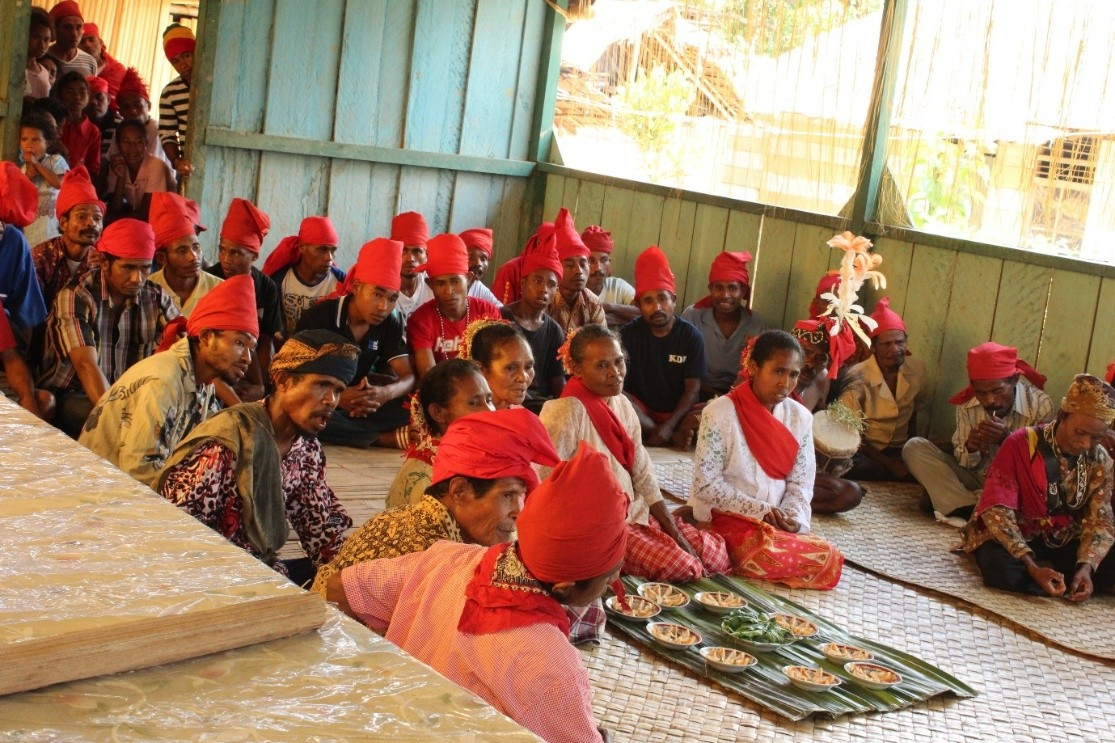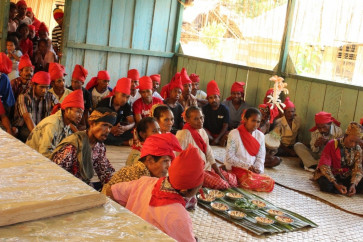Popular Reads
Top Results
Can't find what you're looking for?
View all search resultsPopular Reads
Top Results
Can't find what you're looking for?
View all search resultsCOP30: Turning Indonesia’s indigenous rights pledges into legal protections
Indonesia needs to move away from headline promises and instead step up its legislative efforts to emerge as a global leader in ensuring and enforcing guarantees and protections for indigenous rights, including customary territories.
Change text size
Gift Premium Articles
to Anyone
W
orld leaders have gathered at the 30th United Nations Climate Change Conference (COP30) in Belém, Brazil, to negotiate urgent measures aimed at averting a global climate crisis. One of this year’s defining themes is the recognition of indigenous territories as a cornerstone of climate action.
The International Indigenous Commission was introduced during the plenary session titled “We Are the Answer: Indigenous Peoples on the Road to COP30”, reaffirming a worldwide commitment to advancing indigenous rights as part of the climate agenda.
In line with this spirit, Forestry Minister Raja Juli Antoni announced on Nov. 4 at the United for Wildlife Global Summit in Rio de Janeiro that Jakarta would recognize 1.4 million hectares of indigenous forests by 2029. Delivered before a global audience of conservation leaders, the pledge was lauded as a historic step toward indigenous justice and forest protection in Indonesia.
Yet it also raises a critical question: Is this a meaningful step toward indigenous sovereignty, or just a headline promise that might get stuck in bureaucratic and legal hurdles?
According to Forestry Ministry data, the government has recognized only 333.687 ha of customary forest through 160 decrees issued between 2016 to mid-2025, an average of just 35,000 to 40,000 ha per year. To achieve the newly announced 1.4 million ha goal by 2029, the process must be accelerated nearly sevenfold.
To reach this target, both the government and the Indigenous Territory Registration Agency (BRWA), an independent NGO, must simplify procedures, expand administrative capacity and increase budget allocations.
Many regional administrations continue to neglect their mandate to recognize indigenous territories as stipulated in Home Ministerial Regulation No. 52/2014. For them, drafting local bylaws to implement the national regulation is costly and time-consuming, leaving communities to campaign for years with minimal support.


















